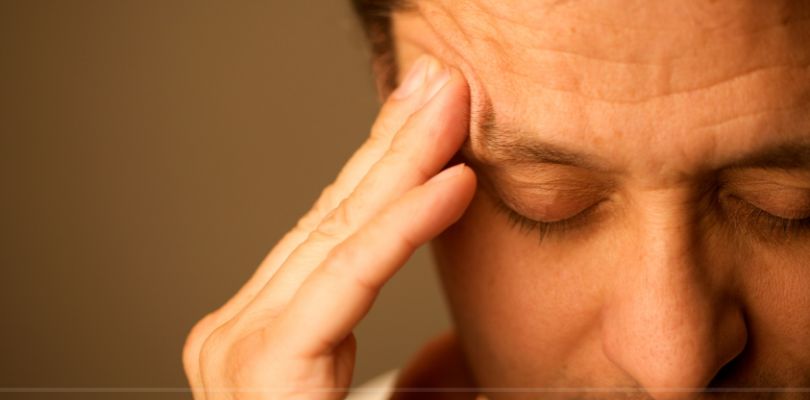Before the Pain
Migraines are very strong headaches that can make you feel really bad. They are more than just a regular headache, and they come with other signs that can be hard to deal with. Knowing the signs can help you figure out if you have a migraine and get help sooner.
10 Signs of a Migraine
1. Throbbing Pain on One Side
One of the most common signs of a migraine is strong, throbbing pain on one side of your head. It can feel like your head is pounding and gets worse when you move.
2. Sensitivity to Light
When you have a migraine, bright lights can feel painful. Even normal light can make your headache worse, so many people prefer to stay in a dark room.
3. Sensitivity to Sounds
Loud sounds, or even regular noises, can also make a migraine worse. People with migraines might want everything to be very quiet.
4. Nausea or Vomiting
Migraines can make your stomach feel upset. Some people might feel like they need to throw up or actually do so.
5. Seeing Flashing Lights
Before a migraine starts, some people see flashing lights or patterns. This is called an "aura." It can look like zig-zag lines or bright spots.
6. Blurry Vision
Your vision may become blurry during a migraine. You may find it hard to focus or see clearly.
7. Dizziness
Feeling dizzy or unsteady is another sign of a migraine. It may feel like the room is spinning, or you may have trouble walking.
8. Weakness or Numbness
Some people feel weak or like their arms or legs are numb during a migraine. This can happen before the headache starts.
9. Trouble Thinking Clearly
It can be hard to concentrate or think clearly when you have a migraine. You might feel confused or forget things easily.
10. Fatigue
Migraines can make you feel very tired, both during and after the headache. It can be hard to do normal activities because you feel drained.
Treatment Options for Migraines
While migraines can be painful, there are ways to treat them and feel better. Here are some common treatments:
Rest in a Quiet, Dark Room
When a migraine hits, try to find a calm place where it’s quiet and dark. This can help reduce the pain.
Over-the-Counter Pain Medicine
Medicines like ibuprofen or aspirin can help ease the pain of a migraine. Make sure to follow the instructions on the bottle and ask your doctor before taking them.
Prescription Medications
For stronger migraines, doctors can give you special medicines to stop or prevent migraines. These can help if over-the-counter medicine doesn’t work.
Cold Compress
Placing a cold cloth or ice pack on your head or neck can help soothe the pain.
Stay Hydrated
Drinking plenty of water can help reduce the chance of getting a migraine. Dehydration can sometimes make migraines worse.
Avoid Triggers
Certain things can cause migraines, like certain foods, strong smells or stress. Try to avoid these triggers to prevent migraines from starting.
Relaxation Techniques
Deep breathing, meditation or yoga can help reduce stress, which is a common migraine trigger.
Sleep Well
Getting enough sleep each night can lower your chances of getting a migraine. Try to keep a regular sleep schedule.
Migraine Alerts
Migraines can be tough, but with the right treatment and care, you can reduce their impact and feel better faster!
